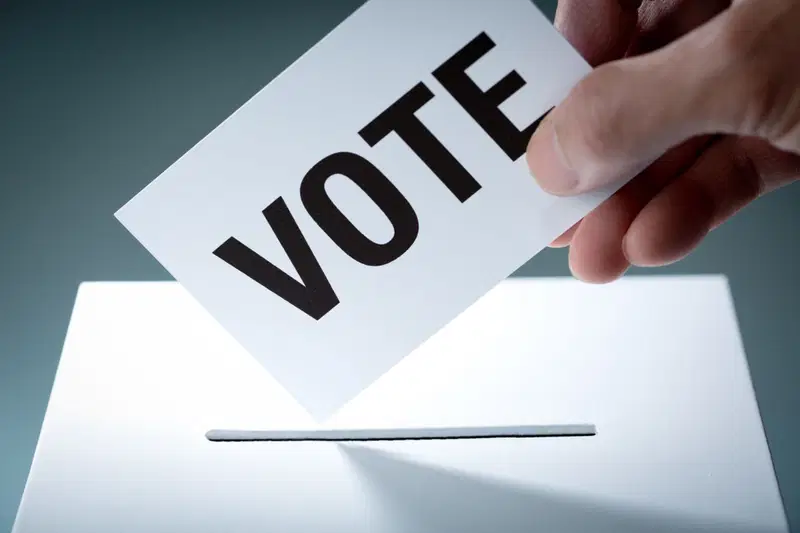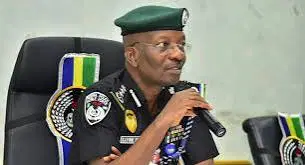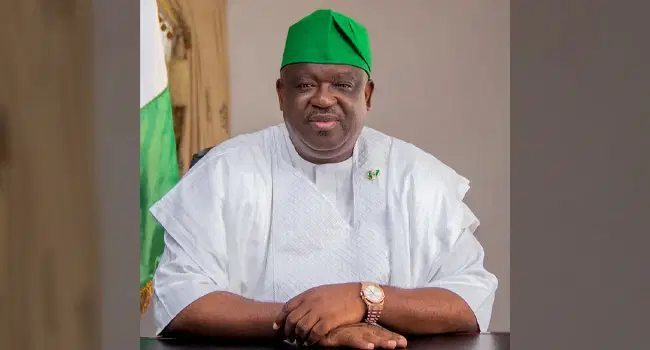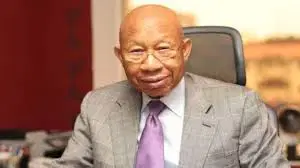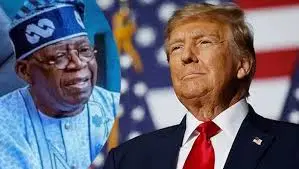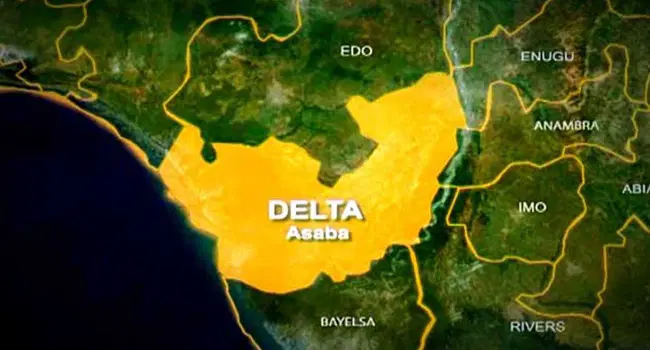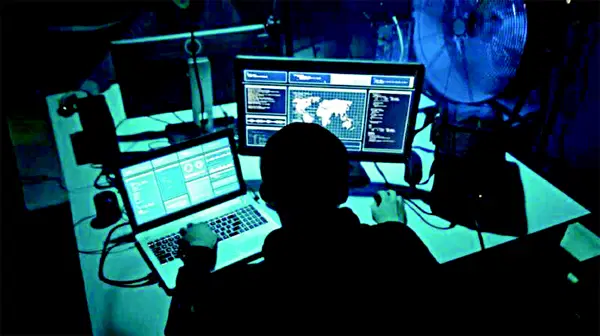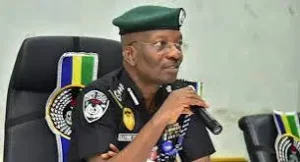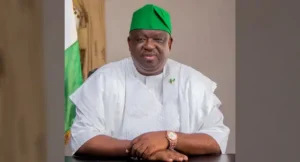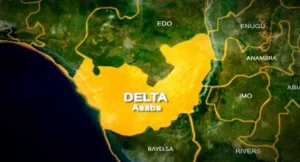- Free and fair elections are essential for democracy, allowing people to determine their government’s makeup and future policy direction.
- The principles of free and fair elections include universal suffrage, freedom to register as a voter or run for public office, and freedom of speech for candidates and political parties.
- The US and other democracies should not recognize or support governments that rig elections in foreign countries.
The upcoming inauguration of the new US President on January 20, 2025, highlights the importance of free and fair elections in democracy. The concession speech by Vice President Kamala Harris, where she accepted the election results and pledged to continue fighting for democracy, demonstrates the significance of this principle.
For democracy to thrive, it is crucial that all mechanisms for free and fair elections are in place. This includes universal suffrage, freedom to register as a voter or run for public office, and freedom of speech for candidates and political parties. The absence of these principles can lead to violence, apathy, or even military intervention.
The US and other democracies have a responsibility to promote free and fair elections globally. This means not recognizing or supporting governments that rig elections in foreign countries. Citizens of countries involved in electoral fraud must also learn to “fight” against it, as Vice President Harris emphasized in her concession speech.
In conclusion, free and fair elections are the bedrock of democracy. It is essential that all stakeholders, including governments, citizens, and international organizations, work together to promote and protect this fundamental principle.

